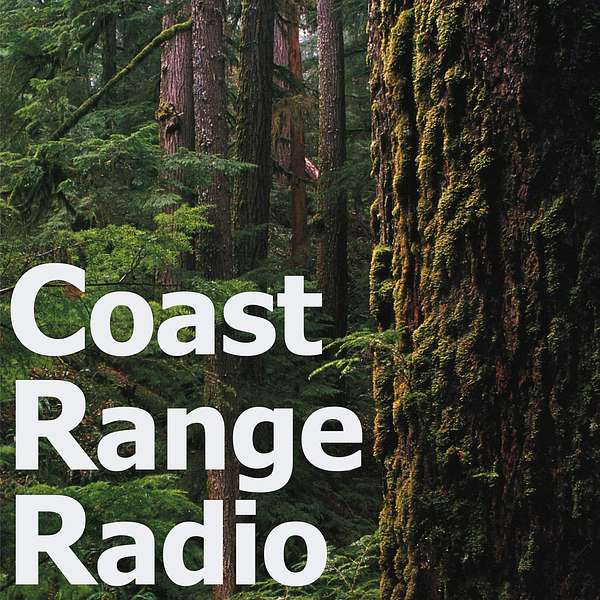
Coast Range Radio
At Coast Range Radio, we interview folks who work to build just communities that provide for people and the natural world. We are particularly interested in the connections between Pacific Northwest forests, social justice, and the climate crisis.
Coast Range Radio is an independent radio show and podcast hosted by Michael Gaskill. Michael is a lifelong rural Oregonian and climate justice organizer.
Coast Range Radio
The Fallacy of "Chainsaw Medicine" for Wildfire, with George Wuerthner - Part 1
Our last episode was a great discussion with a Forest Service scientist and a forest ecologist with the Nature Conservancy about the effects of various fire treatments on subsequent fire behavior. While I appreciated their perspective and research, I wanted to bring in a different viewpoint on fire and forest ecology.
It’s important to remember that western forests have existed and thrived long before humans arrived in North America. The impulse to “manage” the world around us is an ingrained human trait, and not even particularly unique to humans.
However, while indigenous people throughout the Americas sustainably and vibrantly stewarded their lands for millennia, Western notions of forest management and stewardship have proven disastrous everywhere they have been forced upon landscapes and communities.
So we as a society should be very cautious and humble about the idea that we can improve on nature, especially as we enter a deepening phase of the climate crisis.
I promise that coast range radio is not becoming a wildfire policy podcast, but wildfire policy is the number one factor (after profits for the 1% of course) driving massive landscape management decisions across all ownership types.
And it’s especially relevant as the Forest service seems to be going all-in on aggressive ramped up logging in the name of wildfire management in its recently released draft environmental impact statement on its plan to amend the landmark Northwest Forest Plan.
(In case you don’t know, an environmental impact statement, or EIS, is a document produced by an agency as part of a mandatory process assessing environmental impacts for a given project or policy, and a draft EIS is the public’s opportunity to weigh in on the agency’s assessment.). Some call it genuine public engagement, and some call it a farce with a predetermined outcome.
We’ll have a lot more to say about how you can engage meaningfully in the process and fight back regardless, as we’ll begin a whole series on the northwest forest plan DEIS in January.
So with all that in mind, I’m sharing a great talk that the Sierra Club’s Stop Clearcutting California Team put on with conservationist George Wuerthner, as part of their Forest Protection Forum series.
George Wuerthner is a well-known ecologist and author who has dedicated his career to studying and advocating for wilderness and wildlife conservation. He is the author of nearly 40 books on environmental issues and natural history, including co-authoring and editing “Wildfire: A Century of Failed Forest Policy”
His talk was too good to edit into one episode, so I’m breaking it in two. This is part one, and I will put out a full version in the podcast feed of coast range radio.
I love to hear your thoughts on the show, email me at michael@coastrange.org anytime!
Research Links/Show Notes:
George’s Talk: https://www.youtube.com/watch?v=YbWfIM5JA58
Stop Clearcutting CA: https://www.sierraclub.org/grassroots-network/stop-clearcutting-ca/resources#fpf
George’s book, Wildfire: A Century of Failed Forest Policy